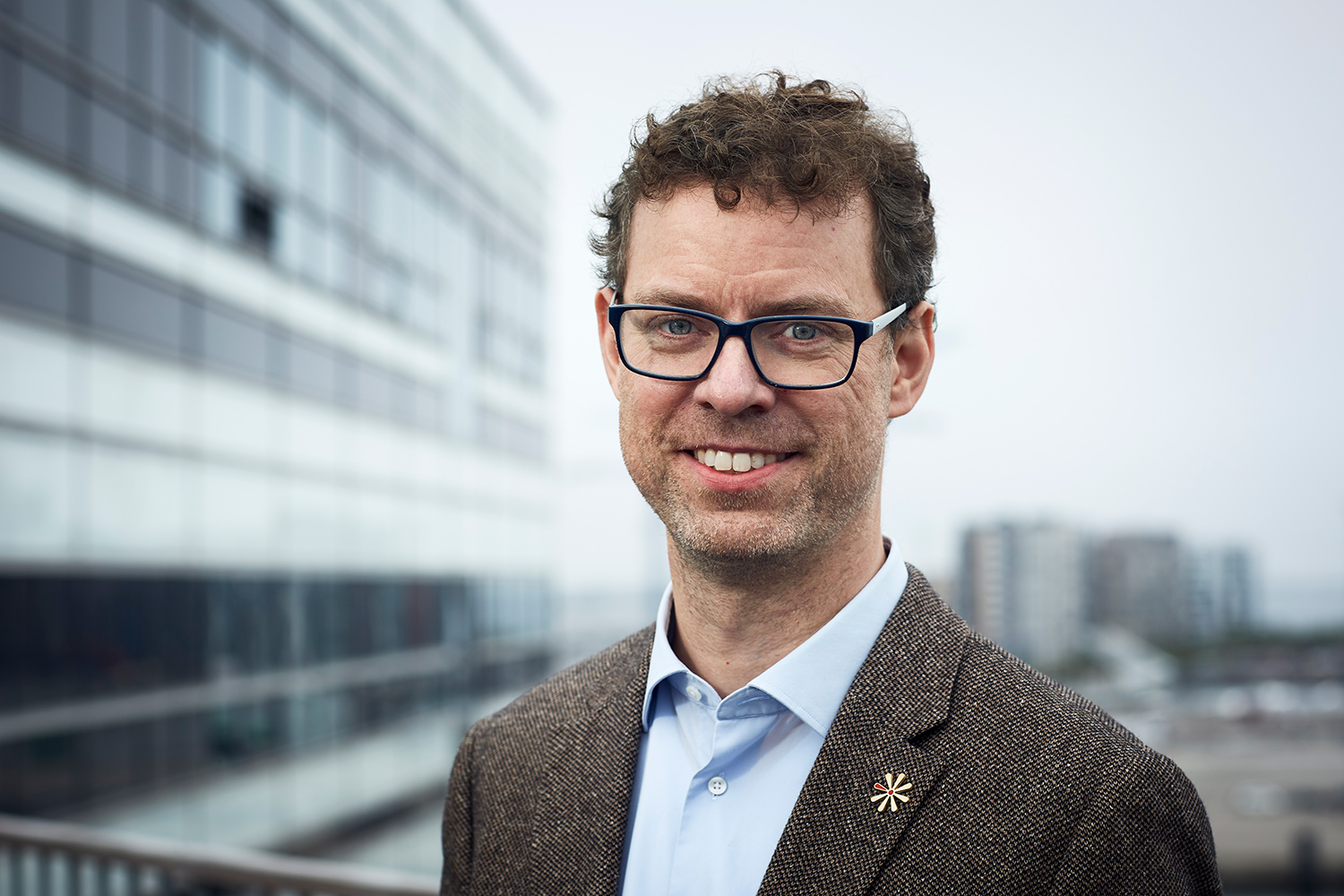Nordic research collaboration to examine energy consumption in public buildings
In a new project, Sweden, Norway and Denmark will gather and exchange experience from building projects in order to optimise energy consumption in public buildings.

Researchers from Aarhus University are part of a new EU-funded research project called Reconcile, which aims to explore how to reduce energy use in public buildings in operation, renovation and new construction.
The project is being supported by the EU Interreg ØKS Pool, which grants financial support to transnational projects in the Øresund-Kattegat-Skagerrak region, and involves Norwegian, Swedish and Danish universities and municipalities. The project has a total budget of DKK 27.3 million.
The project is being headed by Lund University, and the Danish stakeholders are the City of Aarhus and AU Engineering at Aarhus University. Professor Lars Vabbarsgaard Andersen, who is heading the Danish work in Reconcile, says:
"The project addresses two issues: The energy used to operate buildings, and the energy used in construction or renovation - the built-in energy. This is because you have to make sure that production of the materials and construction of the building does not demand more resources than are subsequently saved on operation. Demolishing something old and building new is energy-demanding, and we’re investigating where it is worthwhile investing resources to be the most energy efficient."
Furthermore, the project is also looking at advantages and disadvantages of energy-friendly and lightweight constructions that can be used for renovation or new builds. In this context, wood, for example, is in focus as a material traditionally used far more in Sweden and Norway than in Denmark.
Experience from Danish school
One of themes in Reconcile is to examine whether municipal buildings are used as they were actually designed to be used in terms of energy consumption, or whether usage trends turn out to be different from what the designers envisaged.
Exchange of experience between the countries is a central aspect in the project. From the Danish side, the construction of a school in the City of Aarhus is a specific example of how energy consumption could be reduced significantly by adjusting the installations during the first year after the building has been taken into use.
The hypothesis is that low-hanging fruit can be harvested by taking similar systematic energy initiatives in other new and existing public buildings.
"We’ve got a lot of focus on basing our solutions on holistic assessments of energy consumption and environmental impact. Through close dialogue with municipalities, we will learn more about their current energy levels in operating buildings, how they manage new buildings and refurbishments, their ideas about using alternative materials such as wood, and how this can be implemented through policies and action plans," says Lars Vabbarsgaard Andersen.
Facts
Project title: RECOnCILe (Reducing Energy Use in the Construction and Operation of Public Buildings)
Project period: July 2020 - October 2022
Financing: Total budget for the project: DKK 27.3 mio.
Partners:
- Lund University (lead)
- Aarhus University (Danish coordinator)
- City of Aarhus
- Region of Kristiansand
